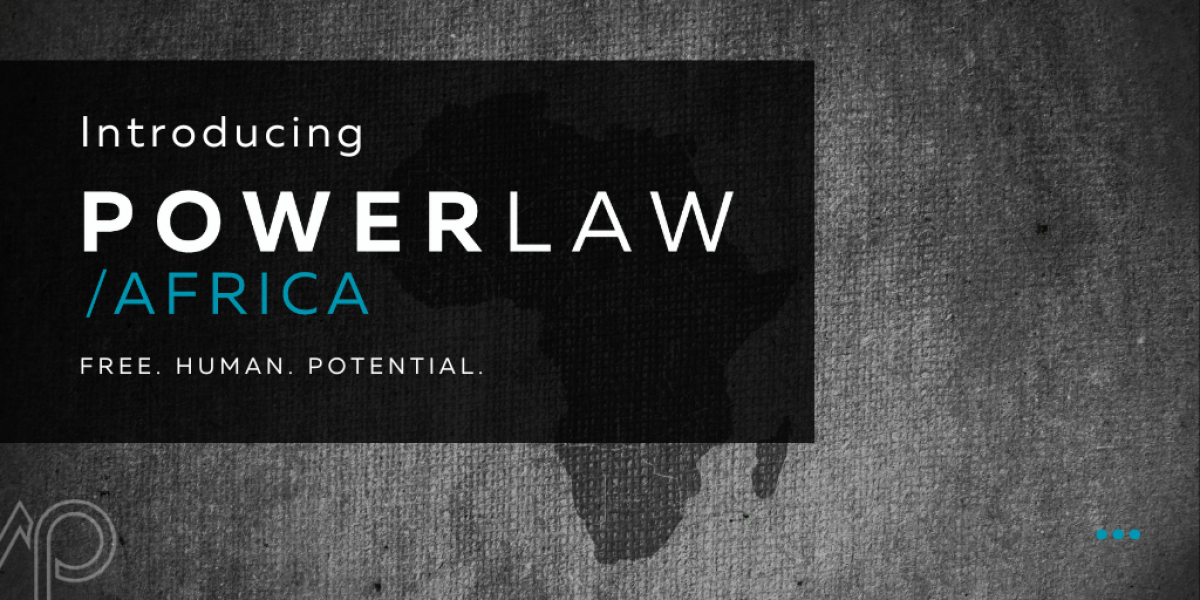African Commission issues statement on elections during COVID-19
The African Commission on Human and Peoples’ Rights (African Commission) has issued a statement on elections during COVID-19 and its concern about the impact of the pandemic on the right to regular, free, fair and credible elections. As noted by the African Commission:
[T]he right to regular, free, fair and credible election is the most sacred democratic norm that serves as a primary means for the exercise of the sovereign right of a people to self-government under Article 20 of the African Charter and the right of individuals to participate in public affairs under Article 13 of the African Charter. The conduct of elections within constitutionally established parameters and applicable human rights standards, including those provided for in the African Charter on Democracy, Elections and Governance, is a pre-requisite for the maintenance of a democratic, accountable and responsive system of government.
The African Commission further recognised the inevitable tension that arises between upholding the established public health measures due to COVID-19, balanced against the right to free, fair and credible elections.
Accordingly, the African Commission has called on all concerned states to ensure that, in deciding whether to proceed with elections, the following human rights standards are upheld:
Pre-election
- The decision for convening elections according to the constitutional timeline should ensure that the conditions for upholding the public health requirements for protecting candidates and voters from COVID-19 can be adequately guaranteed.
- The electoral calendar should be updated based on inclusive consultations and transparent processes, with a view to ensuring that more time than usual is allocated for the electoral process to enable the conduct of electoral preparations in full compliance with physical distancing protocols and, where possible, allowing electronic registration.
- Electoral gatherings and campaigns, which should preferably be held in open spaces, should strictly comply with the public health measures in place, including social distancing, sanitisation, hand washing and the mandatory wearing of masks.
- As far as possible, training for electoral agencies, electoral officials and agents should be conducted virtually, and relevant persons should be screened and/or tested for COVID-19 before taking up their duties.
- The public health measures in place should be enforced without discrimination and should not be abused to frustrate opposition candidates and the free exercise of voting by the electorate.
- Where it is clear, based on the objective assessment of public health officials, including representatives of the World Health Organization, that it will not be possible to protect the lives and health of citizens who decide to vote, election management bodies should strongly advise postponing the elections until all the necessary measures can be put in place.
During the election
- All relevant measures should be put in place to ensure that voters, officials, observers and all other persons involved in the election process maintain physical distancing and hygiene protocols.
- Polling stations should be thoroughly sanitised before, during and after the elections, the wearing of masks at all times should be mandatory, and sanitisers should available to voters before and after voting, as well as to those counting the votes.
- Health and safety officers should be appointed to monitor compliance at all polling stations.
- Extra precautions should be taken to ensure that older persons and persons with co-morbidities are able to vote in a manner that does not subject them to unnecessary risk, including advance voting or voting by proxy.
- Alternative forms of voting should be considered, so that voters do not have to physically visit polling stations, including online or postal voting, where this is a viable option.
- While the current ban on travel to most countries makes it impossible for independent observers to observe elections, measures should be put in place to mediate this challenge, including allowing more local election observers and possible innovations around virtual election observation using available ICT technology.
- All precautions should be put in place to ensure that COVID-19 related measures are not abused to prevent anyone from exercising their right to vote.
Post-election
- Where disputes arise about the outcome of the elections, these should be dealt with within the established procedures in a manner that does not lead to violence or conflict.
- All measures should be taken to prevent, investigate and prosecute human rights violations which occur during the election period, and provide adequate redress to victims.
Postponed elections
Where states opt for postponing elections, they should ensure that:
- Applicable constitutional procedures, including judicial certification or review, are complied with.
- Clear procedures are established on the basis of consultations with, and full participation of, all stakeholders for determining the new electoral calendar in compliance with applicable constitutional standards.
- Clear and equitable interim provisions and consultative decision-making arrangements are made for the exercise of government power to prevent abuse of power or a violation of constitutional provisions or applicable international human rights standards.
- Constitutional term limits are observed and the extension of terms limits under questionable circumstances, including as may be contrary to the African Charter on Democracy, Elections and Governance, are avoided.
The full statement is accessible here.
Please note: The information contained in this note is for general guidance on matters of interest, and does not constitute legal advice. For any enquiries, please contact us at [email protected].





